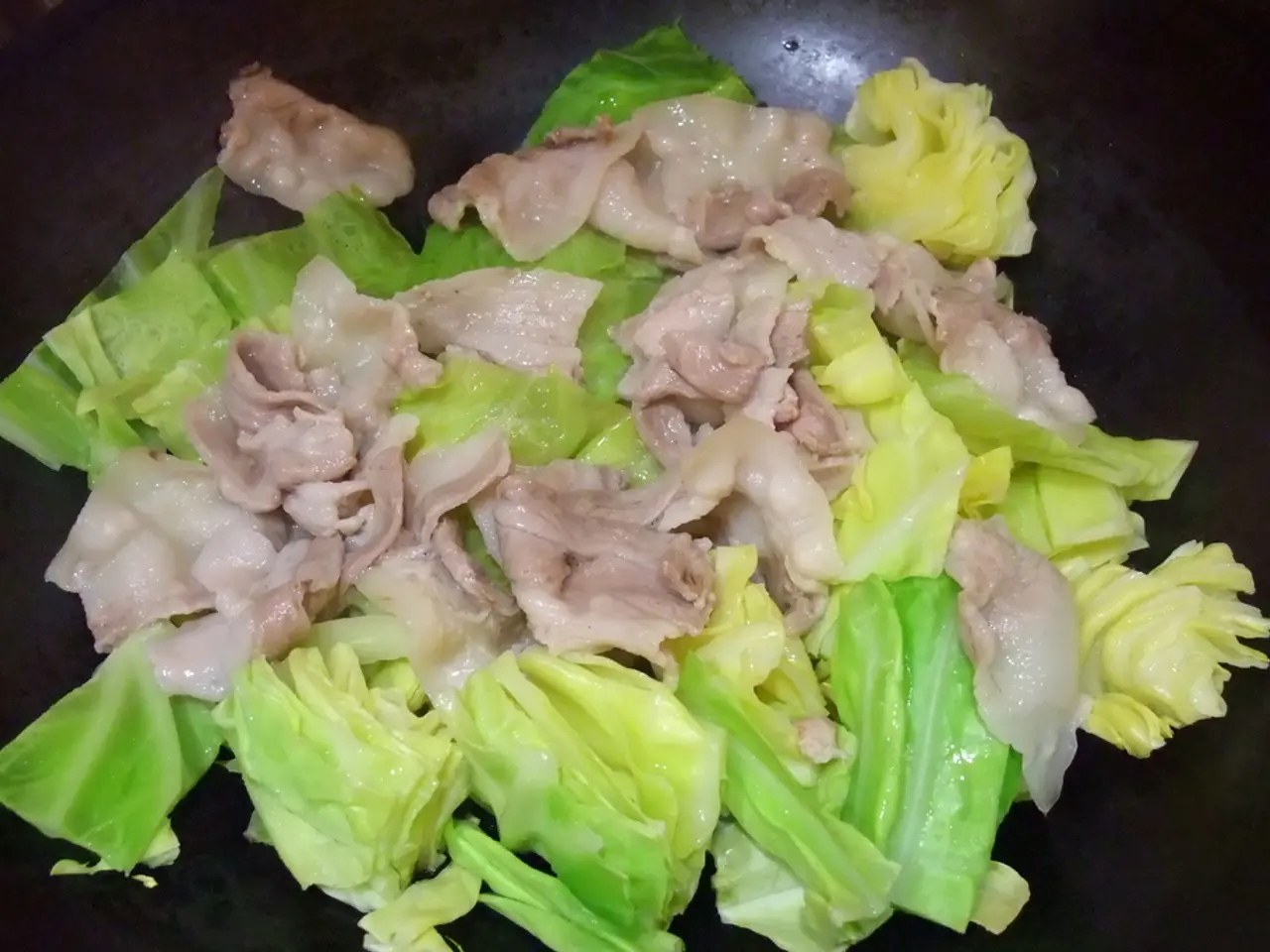Access to Nutritious Food Is Crucial for Black Communities
In the United States, a stark reality unfolds as many schools within Black communities struggle with underfunding, leaving children with limited educational opportunities. This is just one of the many challenges faced by Black communities, a collective experience rooted in historical oppression and systemic injustices.
The racial wealth gap continues to burden Black communities, with limited financial means often driving food choices towards affordability rather than nutrition. This reality, unfortunately, leads to excessive access to dollar stores and liquor stores that provide nutrient-poor, inexpensive shelf-stable items.
However, it's essential to highlight the efforts being made to combat these issues. Groups like The Audre Lorde Project, Soul Fire Farm, MoCADA, The Campaign Against Hunger, and Color of Change are Black-led organisations focused on improving nutrition and health outcomes within Black communities. These organisations, along with activists like Maya Feller, MS, RD, CDN, are working tirelessly to advocate for equitable access to healthy foods, culturally relevant nutrition education, and addressing systemic barriers in Black communities.
Measures such as improving food affordability, supporting local Black-owned food businesses, and influencing policy to reduce diet-related health disparities are proposed solutions. But it's important to remember that a holistic approach should include open discussions with Black community members.
Speaking out and engaging with family and friends about these issues can cause a domino effect, sparking awareness and action. Furthermore, there are numerous online anti-racism trainings available, such as Race Forward, Change Cadet, Diversity and Resiliency Institute of El Paso, Racial Equity Tools, Good Ancestor Academy, Unity Over Comfort, and Unmasking Whiteness.
Black leaders like Rachel Cargle, Bozoma Saint John, Ibram X. Kendi, Rawiyah Tariq, and Jessica Wilson, MS, RD, are using their platforms on social media to educate and inspire change.
In rural and urban areas alike, Black communities are disproportionately affected by food insecurity. Markets are redlined, resulting in decreased access to full-service grocery stores. This reinforces and perpetuates implicit biases, requiring intentionality to acknowledge, address, and unlearn them.
Dismantling systemic racism and structural inequities must remain a priority and be elevated to the national agenda to garner the necessary public awareness, education, and support. By working together, we can strive towards a future where all Black people have access to the resources necessary for well-being and thriving.
Read also:
- Abu Dhabi initiative for comprehensive genetic screening, aiming to diagnose over 800 conditions and enhance the health of future generations in the UAE.
- Elderly shingles: Recognizing symptoms, potential problems, and available treatments
- Protecting Your Auditory Health: 6 Strategies to Minimize Noise Damage
- Exploring the Reasons, Purposes, and Enigmas of Hiccups: Delving into Their Origins, Roles, and Unsolved Aspects





